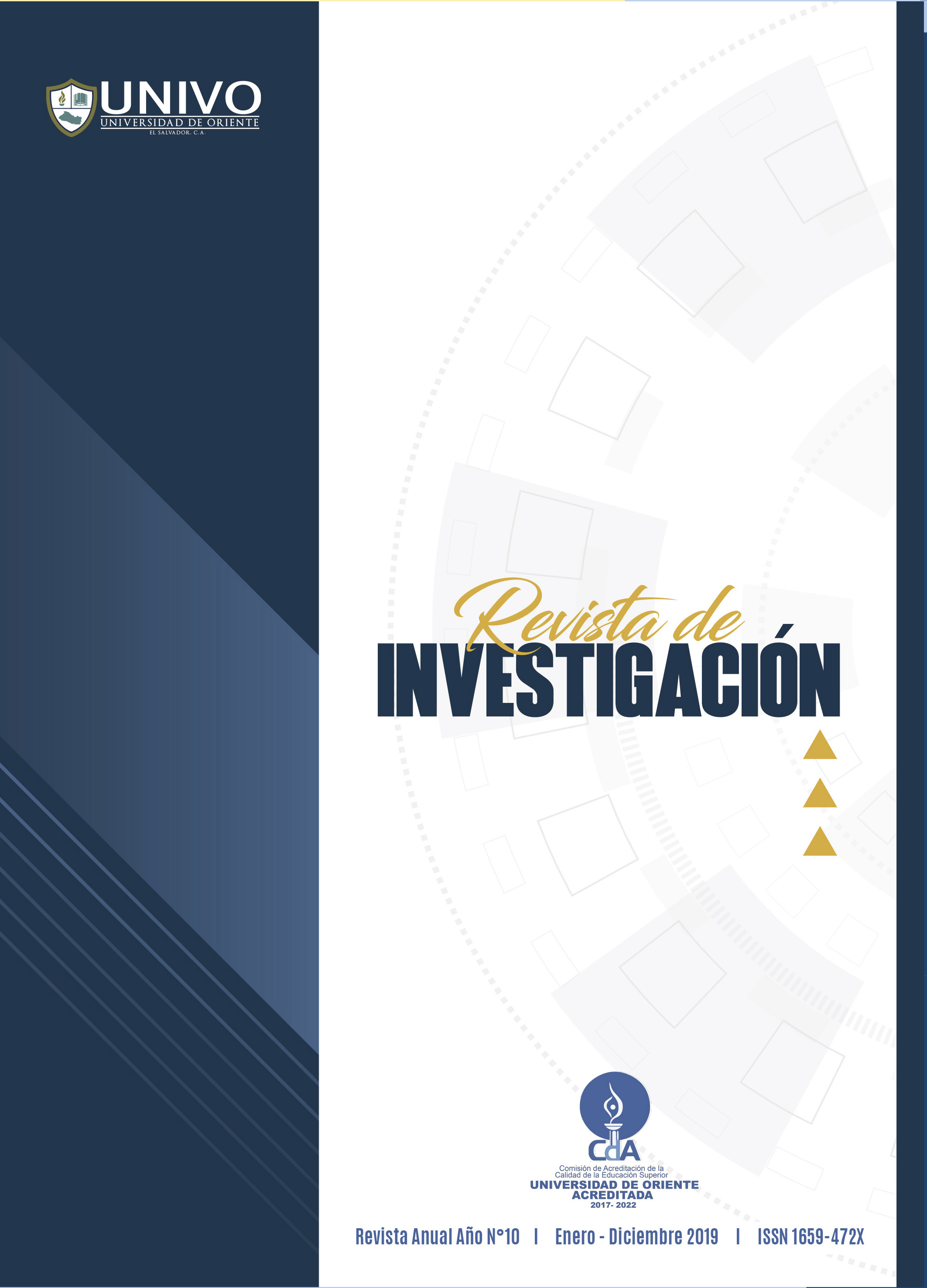Prototype of ecological roof through hydroponics with recycled materials from plastic products made of polyethylene terephthalate (PET).
Main Article Content
Abstract
The research includes an analysis of the environmental impact that our planet suffers due to the lack of adequate management of solid waste. In this case we will refer to products made with Polyethylene Terephthalate known as PET. It is a plastic that by itself is not polluting, but due to the large quantities in which it is produced, it causes a problem on a larger scale. This material is used, above all, in water bottles, juices and mainly in soda drinks, which, if they do not receive adequate recycling treatment, affect our planet. In El Salvador, the production industry of this material is active, and 100% of this product cannot be recycled.
Only 20% receive treatment, while the remaining 80% is handled improperly, being buried, burned, thrown into streets, streams, rivers, beaches, etc. (Nuñez, 2008). It is necessary that this material be used for other purposes. . The construction sector uses a large
diversity of materials and, due to its durability, ease of handling and easy access, PET could be used for various purposes. In this research, it will be used to create a prototype of an ecological roof through hydroponics with recycled materials from PET plastic products.
Only 20% receive treatment, while the remaining 80% is handled improperly, being buried, burned, thrown into streets, streams, rivers, beaches, etc. (Nuñez, 2008). It is necessary that this material be used for other purposes. . The construction sector uses a large
diversity of materials and, due to its durability, ease of handling and easy access, PET could be used for various purposes. In this research, it will be used to create a prototype of an ecological roof through hydroponics with recycled materials from PET plastic products.
Article Details
How to Cite
Hernández Durán, H. J. (2024). Prototype of ecological roof through hydroponics with recycled materials from plastic products made of polyethylene terephthalate (PET). Inicio, 1(10), 40-51. Retrieved from https://revista.univo.edu.sv/index.php/investigacion/article/view/32
Issue
Section
Artículos

This work is licensed under a Creative Commons Attribution-NonCommercial-ShareAlike 4.0 International License.

